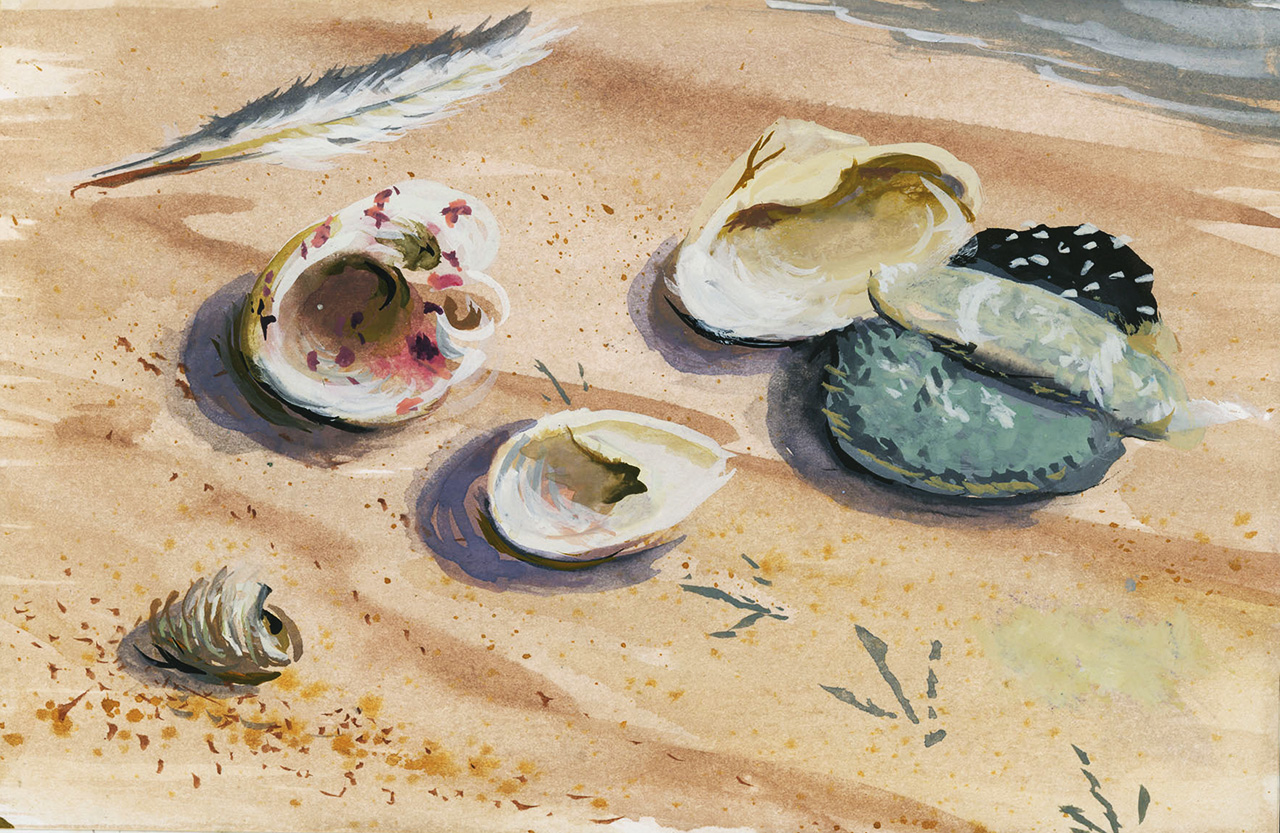An illustrated lecture by Robert T. McMaster, Professor of Biology, Holyoke Community College, Holyoke, Massachusetts. – The HLFM’s 2012 Smith Vaughan Lecture on a Natural History Subject.
Sunday, July 22, 2012 Time: 4 p.m. Place: Union Chapel
Islands have long attracted the interest of natural scientists. One longstanding area of inquiry has been the effect of isolation on the diversity of life on remote island chains. That very question fascinated Charles Darwin when he visited the Galapagos and Seychelles in the 1830s and inspired his theory of natural selection. It is a question that continues to interest ecologists and conservation biologists today.
Robert McMaster’s island research examines plant diversity on a few of the more than 10,000 islands that lie just off the northeastern coast of North America. He has selected twenty-two of those islands that have been extensively botanized, including Fishers Island, for his study. Among the questions explored are: What factors are most influential in the development of vegetation on these geologically young off-shore islands? Do the same principles apply as on ancient, distant island chains? What about the future? Can conservation efforts make a difference for island plant diversity, even in the face of rapid development, invasion of non-native species, and climate change?
Robert McMaster, Professor of Biology, Holyoke Community College, Holyoke, Massachusetts.
Robert McMaster has lived in Massachusetts all his life. He holds a B.A. from Clark University, master’s degrees from Boston College and Smith College, and a Ph.D. in plant biology from the University of Massachusetts. He began his career as an elementary and middle school science teacher in the Boston area. Later he worked for environmental organizations in the Berkshires and on Cape Cod. In the last twenty years he has taught botany, ecology, and conservation biology at Smith College, Connecticut College, and Holyoke Community College. In addition to his island research, he has studied plant diversity in beaver wetlands, the population biology of wetland plant species, and alpine and subalpine plant ecology.
Trolley Days, a historical novel set in Holyoke in the nineteen-teens, is his first attempt at fiction. It is scheduled for publication this fall.

